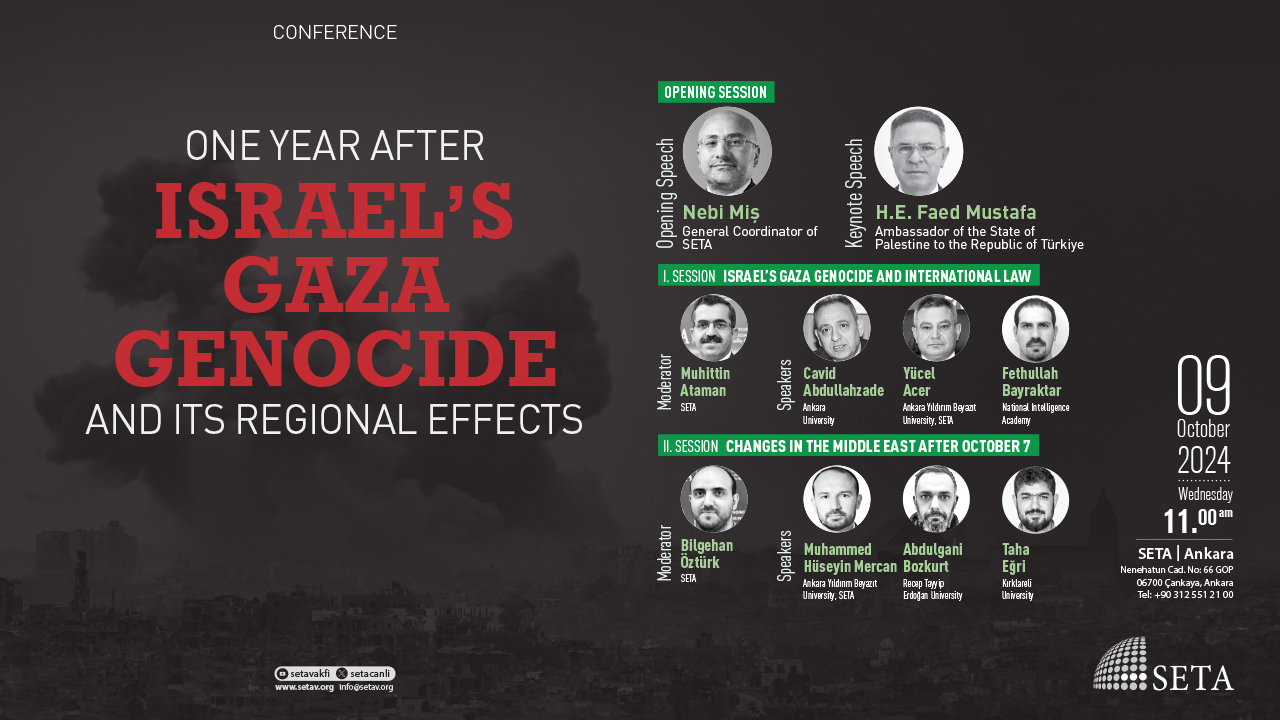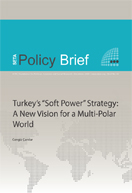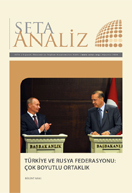Turkey has one of the youngest populations in the world, with about 20 million people between the ages 15 and 30. According to the 2007 census, about 60 percent of the total population of Turkey is under the age of 30. So just what is this young and extremely dynamic population doing?
Three major reports released recently present a rather bleak picture. According to the United Nations Development Programme (UNDP) report titled "Youth in Turkey: National Human Development Report 2008," Turkish youth are faced with a series of economic, educational, health and social problems. The unemployment rate is about 20 percent among the youth. This is twice the national average. About 40 percent of Turkey's youth (i.e., approximately 5 million young people) seems to be doing "nothing;" they don't work, they don't go to school and they don't participate in any political or civil society organizations. They seem to have given up on their future.
Another report, prepared by the Ankara-based Association of Young Businessmen (ANGIAD), reveals even more disturbing facts. According to the report, the vast majority of Turkish youth are neither reading nor doing sports. They are not interested in any serious cultural, social or cultural issues. They follow political events but do not see politics as a safe venue for their civic participation in Turkish affairs.
The most disturbing part is where the role models are discussed. According to the report, three figures emerge the role model of the youth surveyed: Rahmi Koç, Polat Alemdar and Acun Ilicali. For those who may not know these names well, let me explain who they are and what they represent. Rahmi Koç is the CEO of Koç Holding, one of the largest corporations in Turkey. Polat Alemdar is the lead character of the famous television series "Valley of Wolves." And Acun Ilicali is the talk-show personality who became famous for his "travel programs."
Why these people? I think the answer is clear: The vast majority of the young people surveyed want to be rich like Rahmi Koç, take on the bad guys like Polat Alemdar and have fun like Acun Ilicali. So it is money, honor, adventure and fun that are important to them. When I asked a group of young people on our TV show last Monday why these characters take center stage for the youth, most of them simply smiled and were unable to give any reasons. Apparently they are also taken by these characters.
As for the commonly held belief that the Turkish youth are apolitical and do not have any interest in politics, there is some truth to this. Only 5 percent of the youth take part in any political activity. Most see politics as a dangerous path. Most say they would prefer to concentrate on their education, graduate with a good degree and get a solid, well-paying job. Their expectations from the universities are not reflective of what a university should be. Training a new generation for a better Turkey and a better world by bringing out their creative talents and teaching them to be and take responsibility; these are not the priorities of most of Turkey's university students. A college degree and a guaranteed job are the criteria of a university education for many.
The history of youth movements in the 1970s has left a deep mark on many Turkish families. For them, involvement in politics means being a political anarchist, a violent militant and an enemy of the state. A "good citizen" is defined as a docile, obedient worker who cares primarily about his or her own future.
Another problem is how to define youth. Many associate youth with students. While students are an important part of the youth population, there are millions of young workers, as well as those who do not work and stay at home (most of them girls).
With the ups and downs of Turkish democracy -- most recently the closure case against the Justice and Development Party (AK Party) -- it is not surprising that the youth do not trust politics and stay away from political activities. The political sphere is se








